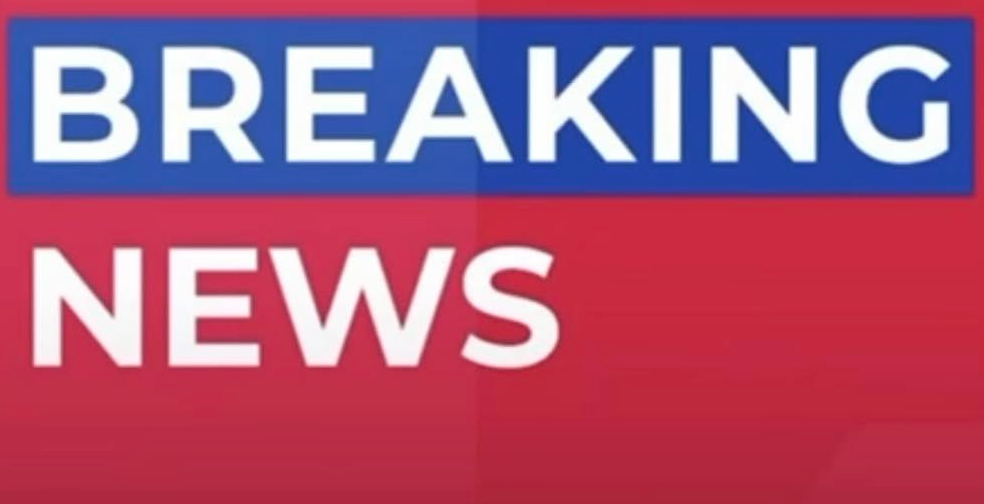When a prominent figure from America’s most revered political dynasty makes a complete ideological about-face that contradicts decades of public statements and positions, it sends shockwaves far beyond individual party politics, reaching the core of conservative identity and historical legacy. This unprecedented reversal has left political observers scrambling to understand the motivations behind such a dramatic shift, raising fundamental questions about loyalty, principles, and the evolving nature of Republican politics in the modern era. This transformation is not merely a change of opinion but a full reexamination of political allegiances once thought unshakeable, suggesting that even the most established conservative voices are wrestling with the realities of contemporary governance and the effectiveness of traditional political strategies.
The Anatomy of an Unprecedented Political Reversal
In an astonishing turn of events that has left political analysts stunned across the ideological spectrum, a major conservative figure has dramatically abandoned his previous stance to become an unexpected supporter of policies and leadership he once vehemently opposed. This transformation is more than just a change of heart—it signals a potential realignment within conservative circles that could reshape the Republican Party’s future and test its internal unity.
At the center of this political earthquake is Michael Reagan—the son of former President Ronald Reagan and once a fierce anti-Trump Republican—who has drastically shifted his position in ways that have surprised both allies and opponents alike. Once an outspoken critic of Donald Trump’s candidacy and policies, the 79-year-old political commentator has recently taken to social media to praise President Trump’s bold initiatives with an enthusiasm that would have been unimaginable just a few years ago.
In a series of posts on X (formerly Twitter), Michael Reagan praised Trump for creating the U.S. Department of Government Efficiency, claiming it uncovered billions in wasteful spending—a move he says would have made his father proud. He also pushed back against critics who selectively invoke the Reagan legacy while criticizing Trump, showing a protective stance toward the current administration that marks a complete reversal from his earlier positions.
This dramatic shift raises profound questions about political evolution, the influence of policy results over personal preferences, and the complex relationship between historical legacy and modern governance. Reagan’s transformation from critic to supporter offers a rare glimpse into the internal struggles facing traditional conservatives as they weigh political effectiveness against ideological purity.
From Steadfast Opposition to Reluctant Admiration
For decades, Michael Reagan was synonymous with staunch conservatism inspired by his father’s legacy. His relationship with the Trump movement began as skeptical opposition bordering on outright hostility. As a vocal critic during Trump’s rise, he condemned Trump’s leadership with a moral certainty that suggested a deep, unbridgeable divide between the two political philosophies.
During the 2016 campaign and the tumultuous years that followed, Reagan was relentless in his criticism, arguing that Trump’s unorthodox approach and populist stances would undermine the core Republican values his father had spent decades building and defending. His public statements reflected deep disapproval of a candidate whose methods sharply diverged from the conservative orthodoxy Ronald Reagan championed—and which Michael had long defended.
Reagan’s early opposition was rooted in more than style differences; it reflected fundamental disagreement over the direction of conservative politics and the means to achieve political goals. He saw Trump’s populist appeal and unconventional communication as a departure from the dignity and principles he believed should define conservative leadership.
However, recent developments have forced a dramatic reassessment of his views, moving beyond political calculation to a genuine reevaluation of effectiveness versus orthodoxy. In a series of candid posts on X, Michael Reagan expressed newfound admiration for Trump with a bluntness that surprised even close political watchers.
“It’s amazing that you all of a sudden support my father when for 8 years you treated him like you are treating Trump today,” he wrote—revealing not only support for Trump but also deep frustration with critics who selectively remember his father’s legacy. With these words, Reagan defended Trump’s policies and challenged detractors who display selective memory about both Reagan’s presidency and Trump’s treatment.
The Catalyst for Transformation: Policy Over Personality
This dramatic change seems driven by multiple factors, including specific policy achievements and a broader recognition of political effectiveness beyond personal style. Trump’s administration has launched initiatives aligned with traditional conservative fiscal responsibility, while Reagan has noted inconsistency in the Republican establishment’s loyalty to its historical figures and principles.
Reagan’s recent posts show he now views Trump as a necessary force to revitalize the party—a figure capable of exposing government waste and restoring fiscal discipline where traditional Republicans had failed. His enthusiastic support for the Department of Government Efficiency exemplifies how policy results can outweigh personality objections for pragmatic conservatives.
According to Reagan, the department’s aggressive efforts to root out waste would have earned his father’s approval if it existed during the Reagan era. He sees Trump’s approach not as a break but as an evolution of conservative principles. This marks a significant shift—from viewing Trump as an anomaly to seeing him as a potentially effective conservative leader.
This transformation also reflects Reagan’s growing frustration with what he views as the ineffectiveness of traditional Republican establishment methods in achieving conservative policy goals. After decades of slow progress and setbacks, Reagan seems to conclude that bolder, unconventional methods might be necessary for the dramatic reforms conservatives have long sought.
